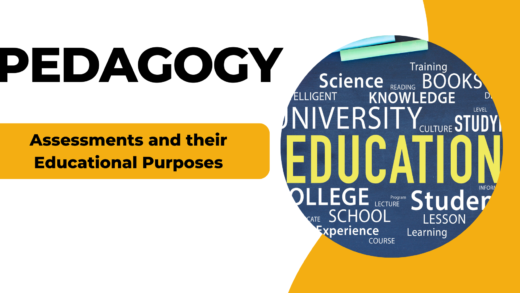Educators need to be familiar with a variety of theoretical frameworks so that they can tailor their lessons to meet the requirements of their pupils in the wide variety of classroom settings in which they work. This is crucial information to have for many of the demands placed on today’s students to succeed in the digital age. Moreover, favoring one theoretical method over another will significantly affect how technology is employed to supplement instruction.
Educators need to be familiar with a range of theoretical frameworks to tailor lessons to meet the needs of various learners. For instance, if we hold the epistemological belief that incorporating technology into the classroom enhances the learning experience, we educators will figure out methods to incorporate various technical tools into our lessons. We must learn new pedagogical approaches if we believe that the nature of knowledge is shifting and that the old type of instruction does not serve our students in the modern era.
The cultivation and acquisition of skills are much more crucial than merely imparting knowledge. Educators must provide students with a wide variety of avenues to develop specialized abilities that are applicable in a global context.
Regarding assessments, we can determine which aspects of learning need to be tested based on the epistemological beliefs that guide us. As a result of the fact that every student possesses a unique level of intelligence, the evaluation methods we use can focus on all aspects of academic development without excluding students who are not academically intelligent.
It is widely acknowledged that knowledge that spurs innovation and commercial activity is crucial to economic growth. Essentially, education is vital in what Bates refers to as “a knowledge-based society.” In the larger society, there has been a shift toward placing a higher value on practical knowledge than academic knowledge; however, this has not been recognized or embraced in education (Bates, 2015). Our epistemological cognition in pedagogy must align with the skill set we want our students to acquire. Education needs to undergo a paradigm shift for students to construct meaning and use their knowledge in a social setting, and this transition needs to be treated seriously.


Recent comments